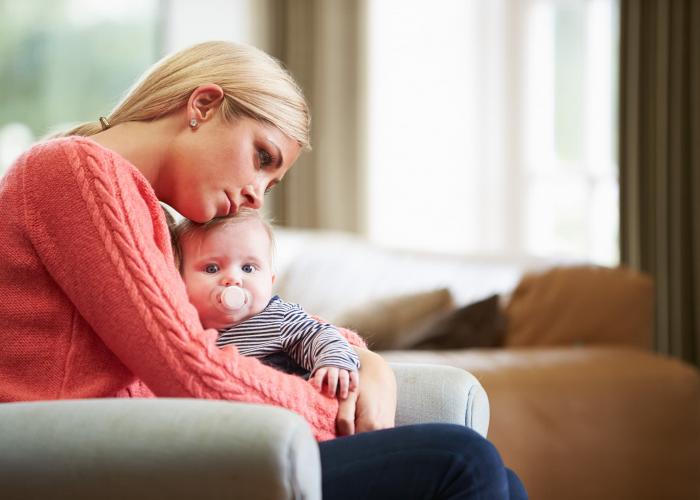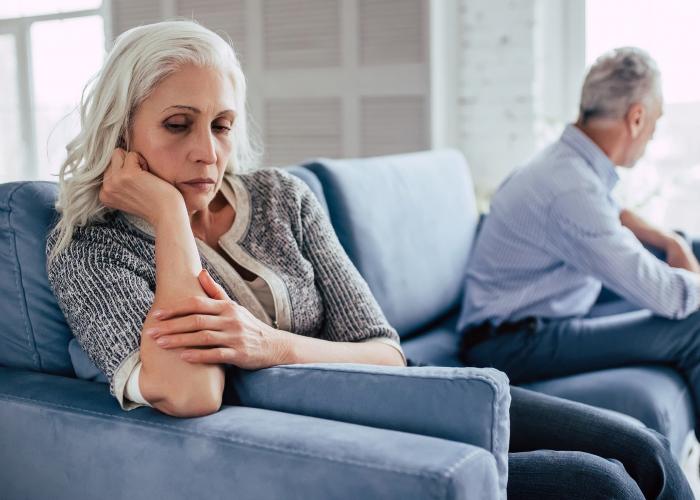Civil Partnership dissolutions are not yet dealt with in the same way as divorces but they involve a similar process. Lund Bennett Law are experienced in dealing with civil partnership dissolutions and in supporting clients with the pressures involved.
We promise to talk with you honestly about your case and deal with it efficiently and reach a satisfactory conclusion for both parties. Speak to our team in confidence by calling 0161 924 0079, or send us a message via our contact form. One of our legal experts will get back to you as soon as possible.
Family Problems? We can help.
Speak to our specialist family lawyers for fixed price advice and guidance
You will get..
- Best advice on all family law matters
- Support and guidance on next steps
- Transparent pricing and fixed fee's available

Call us now on:
01619240079
How can we help?
Contact us for an initial consultation
FAQs
If you want to legally end your civil partnership and live in England or Wales, you must apply to the court for a ‘dissolution order’. By doing so, you’re asking for legal permission to end your civil partnership irreversibly. However, the civil partnership must have lasted for at least one year before applying for dissolution.
In England and Wales, there are four reasons which legally count as grounds for ending a civil partnership.
- Unreasonable behaviour
Your ex-partner behaved in an unreasonable way for you to live with, i.e. they may have exercised physical or mental cruelty, been verbally or physically abusive towards you, acted irresponsibly with your finances or been in a sexual relationship with another person.
- Desertion
Your ex-partner has been absent for a continuous period of more than two years.
- Separation of two years or longer
You and your ex-partner have been separated and have not lived together as a couple for at least two years. You may end your civil partnership if both parties mutually agree to it in writing.
- Separation of five years or longer
You and your ex-partner have been separated and have not lived together as a couple for at least five years. You may end your civil partnership without their consent.
A conditional order is the first stage to dissolving your civil partnership. It is issued by the court and confirms that the court does not see a reason for you not to end your partnership.
It is generally easier to receive a conditional order if your ex-partner agrees to the dissolution. The earliest you can apply for a conditional order is seven days after your ex-partner receives their copy of the dissolution application.
However, if they do not agree to end your civil partnership, you can still get a conditional order through a hearing in front of a judge.
A final order is the second stage to dissolving your civil partnership. It is a document that legally dissolves your civil partnership. Once the court has issued a conditional order, you may apply for a final order within 12 months. However, you will need to wait six weeks from the date your conditional order was issued until you apply.
To annul a civil partnership in England and Wales, you will need to prove to the family court that it was legally void or that a specific reason deemed it voidable. For more advice, speak to our team of family solicitors on 0161 924 0079.
To enter a civil partnership, a legal document called a civil partnership document is signed without requiring vows from both partners who are not already married or in another civil partnership. To form or ‘solemnise’ a marriage, the couple make vows to each other.
Our team of family law solicitors are highly experienced in dealing with civil partnership dissolutions. Contact our team on 0161 924 0079 to see if we can help you. Alternatively, you can get in touch online via our contact form.
Whether we're at the negotiating table or walking into the courtroom, we’ll always fight your corner!
At Lund Bennett Law, we are experienced in dealing with Civil Partnerships dissolutions.
Contact us on 0161 924 0079 for your no-obligation consultation.
Related services
We offer our clients a wide range of family law related services.




















